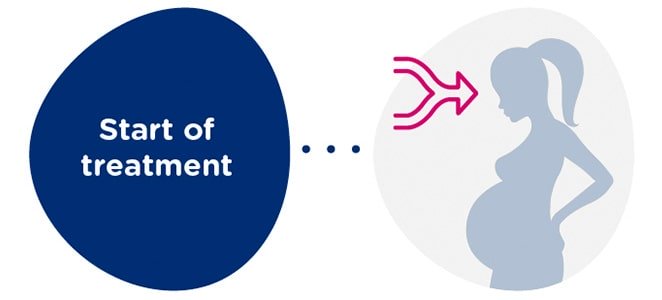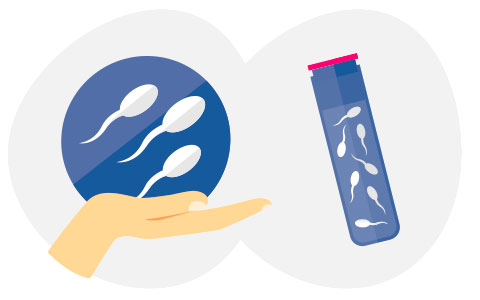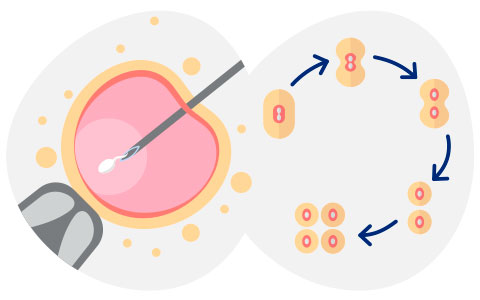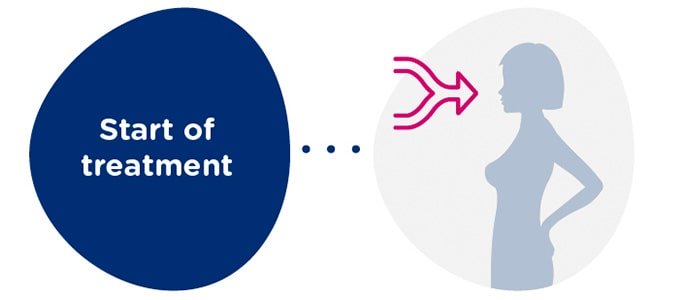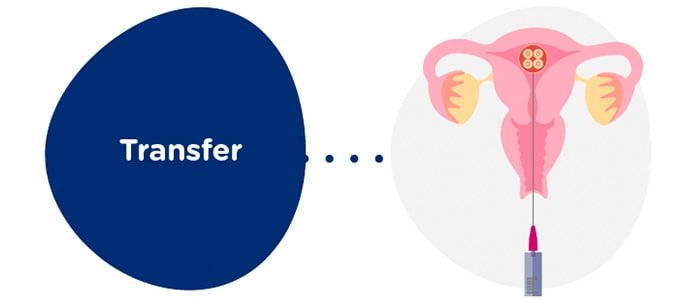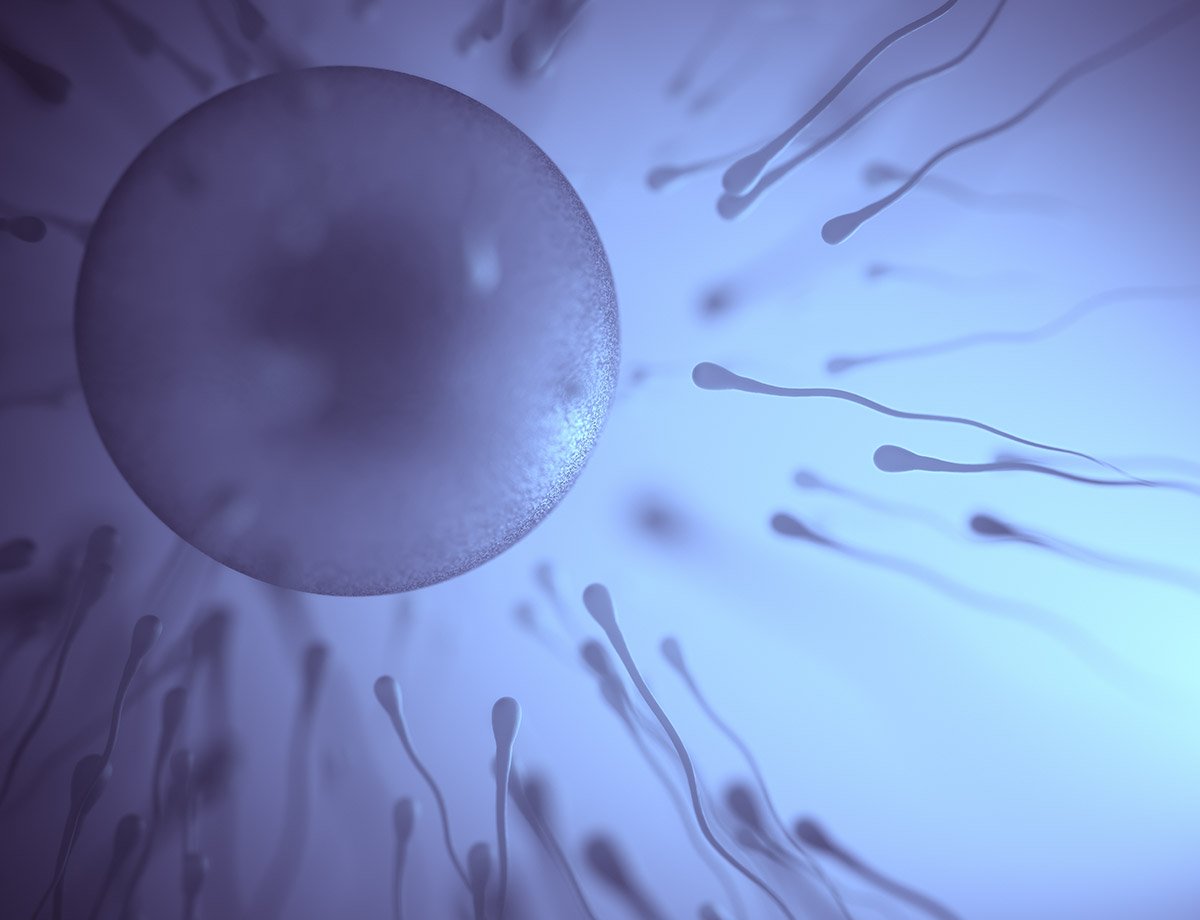
What is Reciprocal IVF?
Women without a male partner can achieve a pregnancy through this assisted reproduction treatment using donor sperm.
Reciprocal IVF (ROPA), also known as co-maternity, means “Reception of Oocytes from Partner”. Through this technique, both women are able to take part in and share the process of pregnancy. One will be the genetic mother and the other the gestational or biological mother. One woman will provide her eggs functioning as the donor, and the other will receive the embryo transfer functioning as the recipient.

